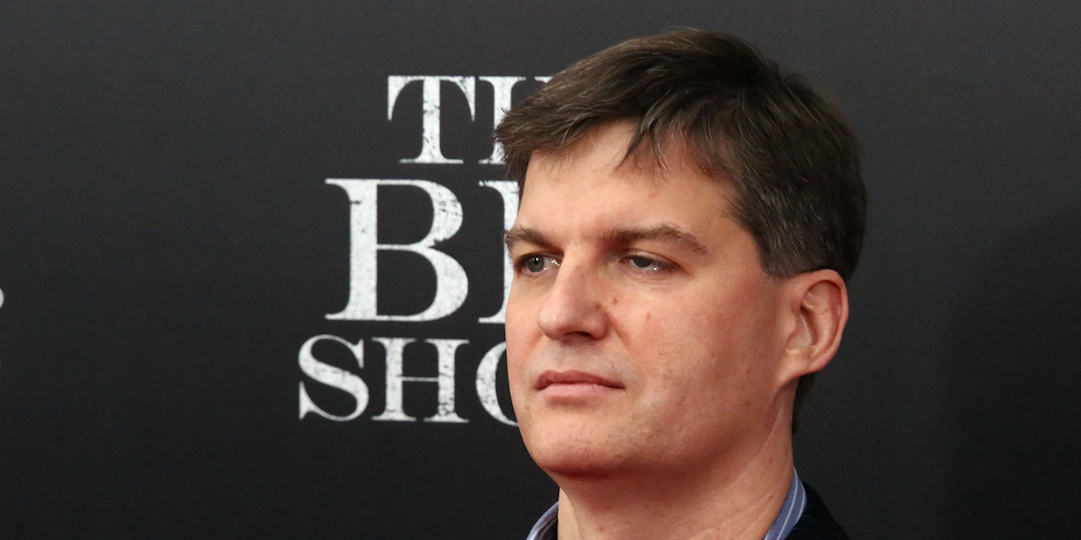Retailers’ overflowing inventories will lead to slower inflation, spurring the Federal Reserve to reverse course on interest rates and cease shrinking its balance sheet, Michael Burry predicted in a tweet on Monday.
“This supply glut at retail is the Bullwhip Effect,” he wrote. “Deflationary pulses from this- -> disinflation in CPI later this year –> Fed reverses itself on rates and QT –> Cycles.”
In this case, the “bullwhip effect” refers to an increase in demand from consumers or retailers reverberating up the supply chain, causing wholesalers to overstock and manufacturers to overproduce in preparation for a flurry of orders. The excessive supply results in lots of surplus inventory, forcing retailers to slash their prices or be left with heaps of unsold goods.
Burry’s tweet suggests he expects price cuts by retailers and their suppliers to cause the Consumer Price Index (CPI) to slow down in a few months’ time. The inflation benchmark soared by 8.6% in the year to May, its fastest rate of growth in four decades.
The Fed reacted to the rampant inflation with a hike to interest rates of 75 basis points earlier this month, marking its largest single increase since 1996. The US central bank also plans to slow price increases by reducing the size of its balance sheet, which has ballooned from $4.2 trillion in the spring of 2020 to about $9 trillion today.
Many investors have been dumping stocks, cryptocurrencies, and other assets in anticipation of further rate hikes and a tighter money supply. However, Burry seems to expect the inflation threat to recede, and the Fed to loosen its stance and begin cutting rates and ramping up bond purchases again.
The Scion Asset Management has previously criticized the Fed for overlooking the inflation risks of historic amounts of government stimulus. He has also complained that loose fiscal and monetary policies have fueled market speculation and driven numerous assets to dangerous valuations.
Burry recently warned that US consumers — faced with surging food, energy, and housing costs — are on track to virtually exhaust their savings by the fourth quarter of this year. Together with a lower savings rate and soaring amounts of credit-card debit, that’s likely to cause a consumer recession by Christmas, and drag down corporate earnings, he said.
If the Scion chief is correct that consumers are running short of cash, and right about sweeping price cuts across retail supply chains later this year, a slowdown in inflation and a dovish shift in the Fed’s strategy could certainly follow.
Burry is best known for calling the collapse of the mid-2000s housing bubble, inadvertently paving the way for the meme-stock boom by investing in GameStop, and betting against Elon Musk’s Tesla and Cathie Wood’s flagship Ark fund last year.
Michael Burry’s tweet about the “Bullwhip Effect.” @michaeljburry Read more: Investing in a recession: When the stock market crashes, opportunities to snap-up the best companies at great prices emerge. Here are 5 undervalued ‘dividend aristocrats’ which combine consistent strong yields with up to 30% upside.
Deal icon An icon in the shape of a lightning bolt. Keep reading
More: MI Exclusive Markets Stocks Michael Burry Chevron icon It indicates an expandable section or menu, or sometimes previous / next navigation options.
